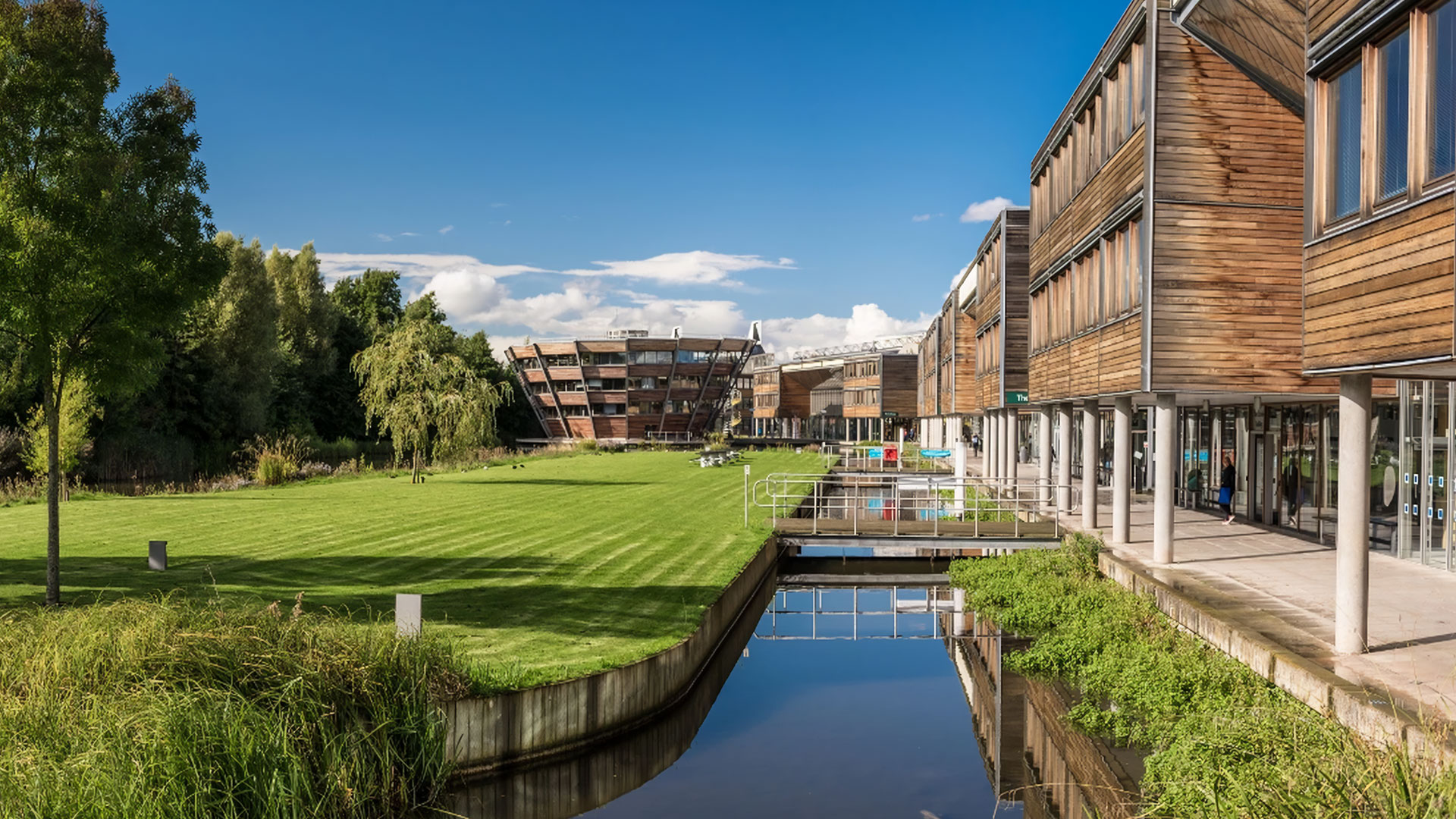
- Offers
- Our venues
- About us
- Things to do in Nottingham
- Blog
- Meetings & Events
- Celebrations
- Stay
- Offers
- Eat & Drink
- Our venues
- About us
- Things to do in Nottingham
- Blog

Event Promotion at Nottingham Venues
18 July 2023
When it comes to successfully promoting an event in Nottingham, having an eye-catching venue is just the first step. Crafting a strategic marketing plan that utilises both digital and physical channels effectively is key to generating excitement and interest around your event. The goal is to not only reach your target audience but to entice them to register and attend. This blog post will provide you with an in-depth look at the steps to take to promote your event at any Nottingham venue effectively.
Establish Your Objectives: Setting the Course for Success
Before you dive into promoting your event, it’s essential to clearly define what you want to achieve. Are you aiming to sell a specific number of tickets, or are you more interested in attracting a certain demographic? Perhaps you want to increase awareness of your brand or cause. Whatever your objectives, they will shape your entire promotional strategy, from the channels you use to the messages you send out.
To ensure your goals are clear and actionable, follow the SMART criteria – they should be Specific, Measurable, Achievable, Relevant, and Time-bound. Having SMART goals will keep your promotional efforts on track and make it easier to measure your success.
Know Your Audience: Precision Targeting
Understanding who you’re trying to reach is the next vital step in effective event promotion. This insight allows you to customise your promotional messages to cater to their interests, needs, and lifestyle, making them more likely to engage and respond. Consider factors such as their age, location, occupation, hobbies, and even their online habits. This knowledge will also help you identify the most effective channels for reaching your audience.
Craft Your Messages: Tailored Communication
With clear objectives in place and a thorough understanding of your audience, you can now begin crafting your promotional messages. Remember to highlight the unique aspects of your event and explain the benefits your audience will gain from attending. The key here is to focus on them – what will they learn? How will they be entertained or enlightened? How will your event meet their needs or interests?
Choose Your Channels: Multi-Faceted Approach
Event promotion offers a wide array of channels, from social media platforms like Facebook, Twitter, and Instagram to email campaigns, website listings, and even traditional methods like flyers and billboards. The channels you select should be based on your audience’s preferences and the nature of your message. For instance, if your audience is largely professional, LinkedIn and email campaigns might be effective. If you’re targeting a younger crowd, Instagram and Twitter could be better choices.
Remember, it’s not just about choosing the right channels, but also about optimising your use of them. For instance, each social media platform has peak usage times, which you should take into account when scheduling posts.
Measure and Adjust: Continual Improvement
Lastly, it’s crucial to continuously track the results of your promotional efforts. This will give you insight into what’s working and what isn’t, allowing you to adjust your strategy accordingly. Make use of tracking tools like Google Analytics for your website or the in-built analytics on social media platforms to monitor your progress. Don’t be afraid to experiment and refine your approach based on your findings.
Conclusion
Promoting an event in Nottingham requires careful planning, targeted effort, and a touch of creativity. By following these steps and tailoring them to your specific event and audience, you can ensure your event garners the attention it deserves, maximising its success and impact.
If you’d like to learn more about Nottingham Venues, feel free to have a look at some of our other posts below, or why not watch this video all about our brand’s story:

